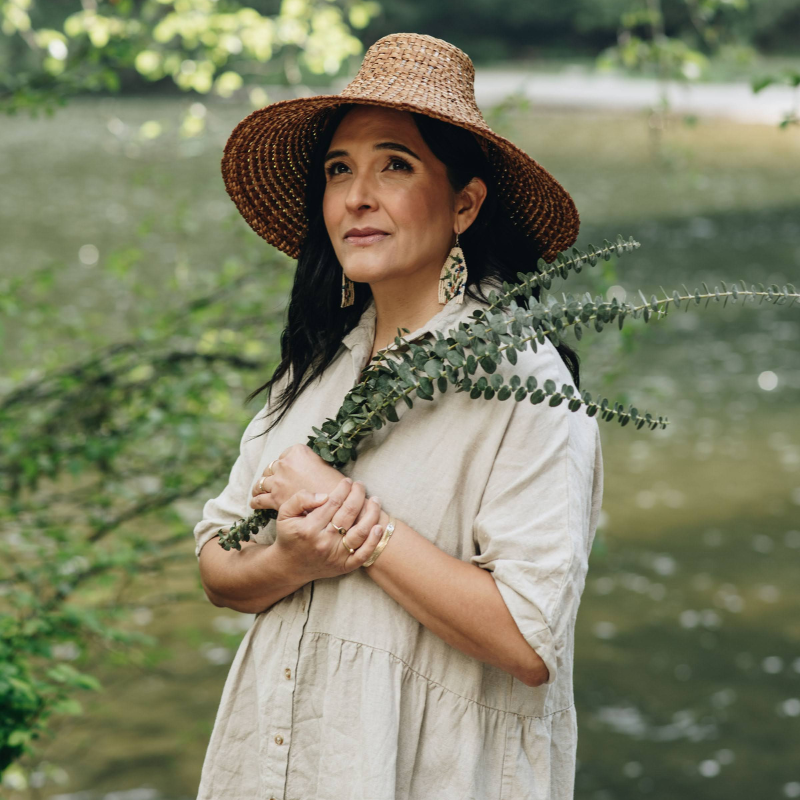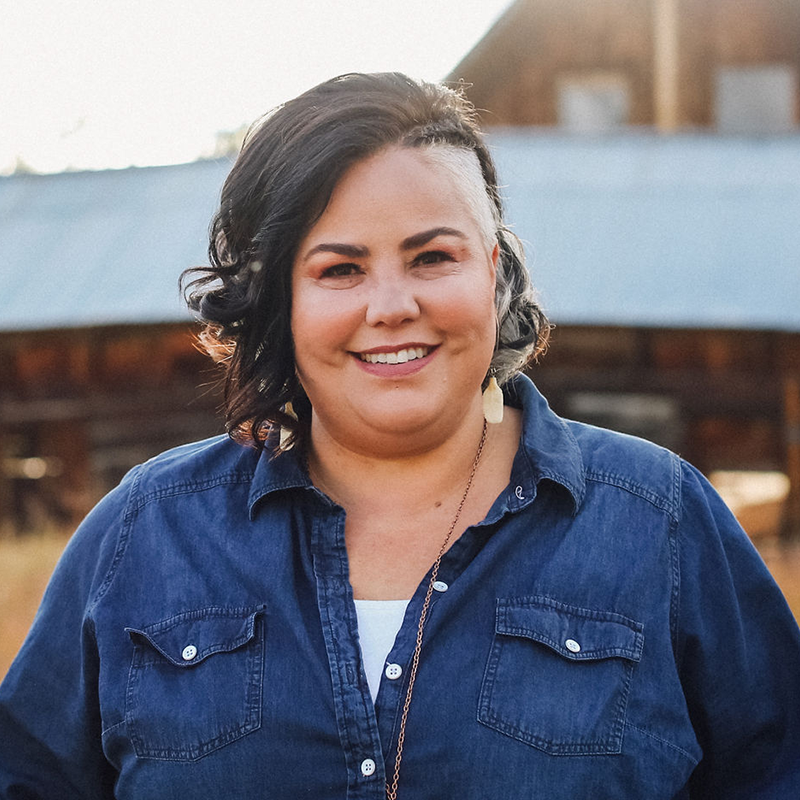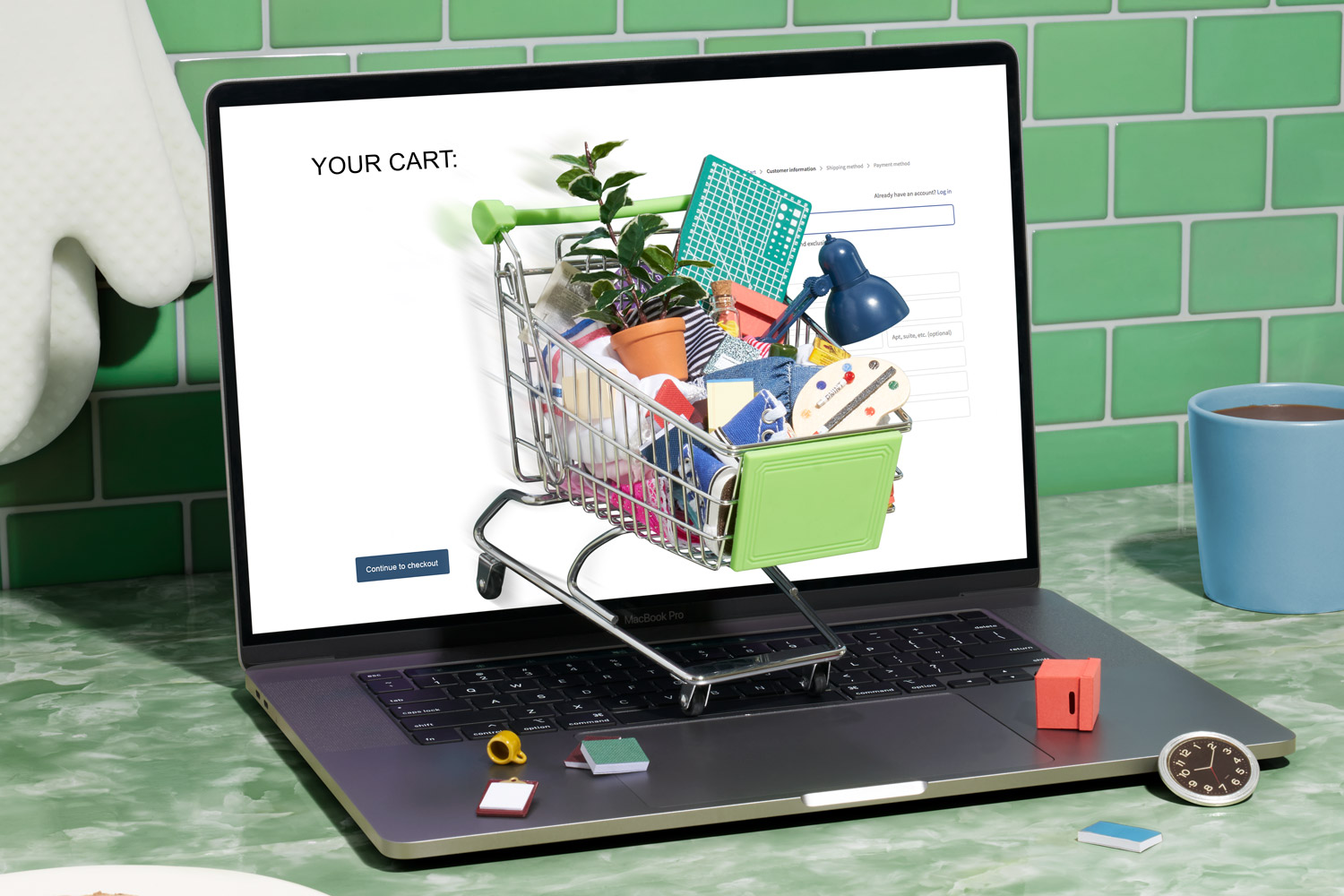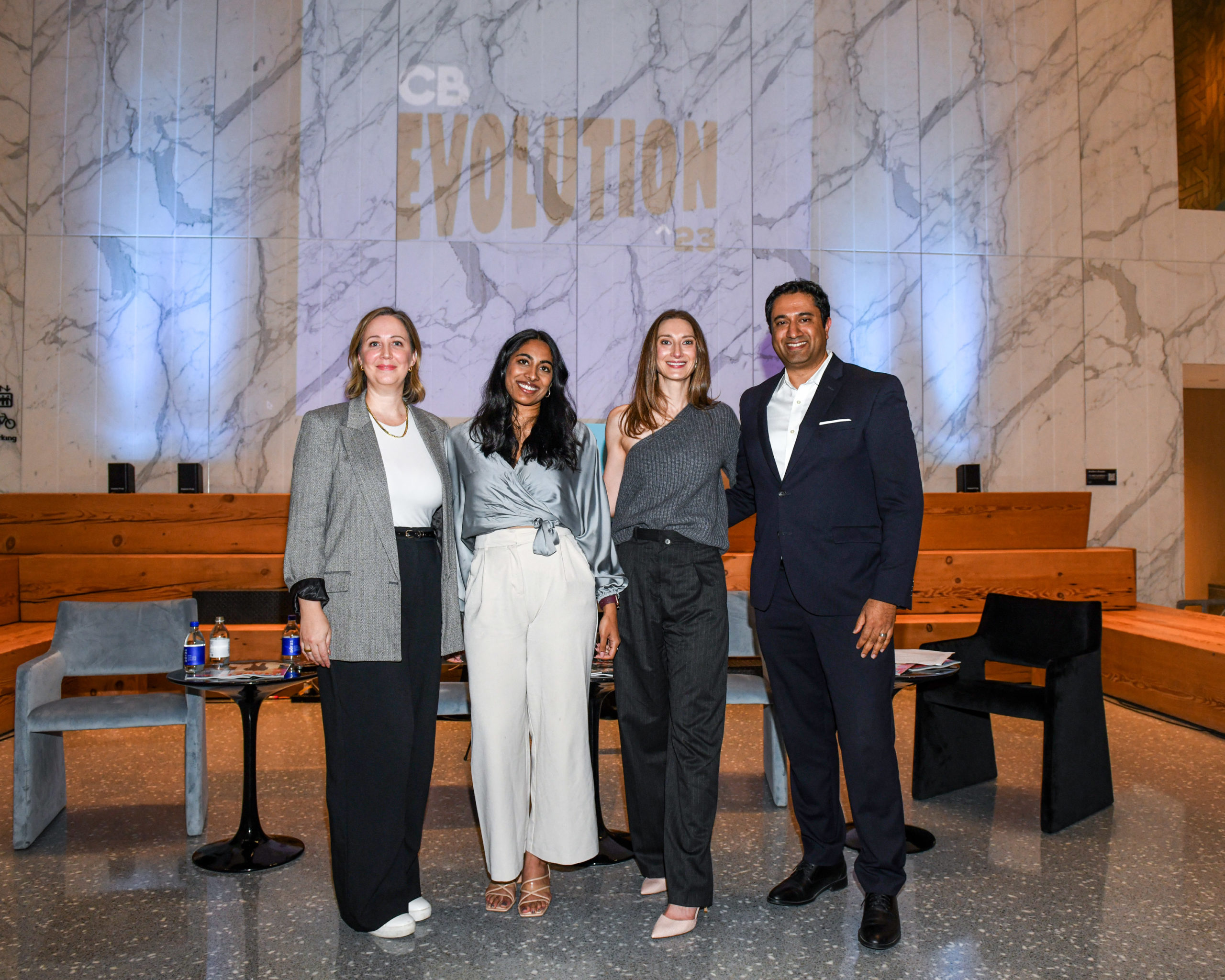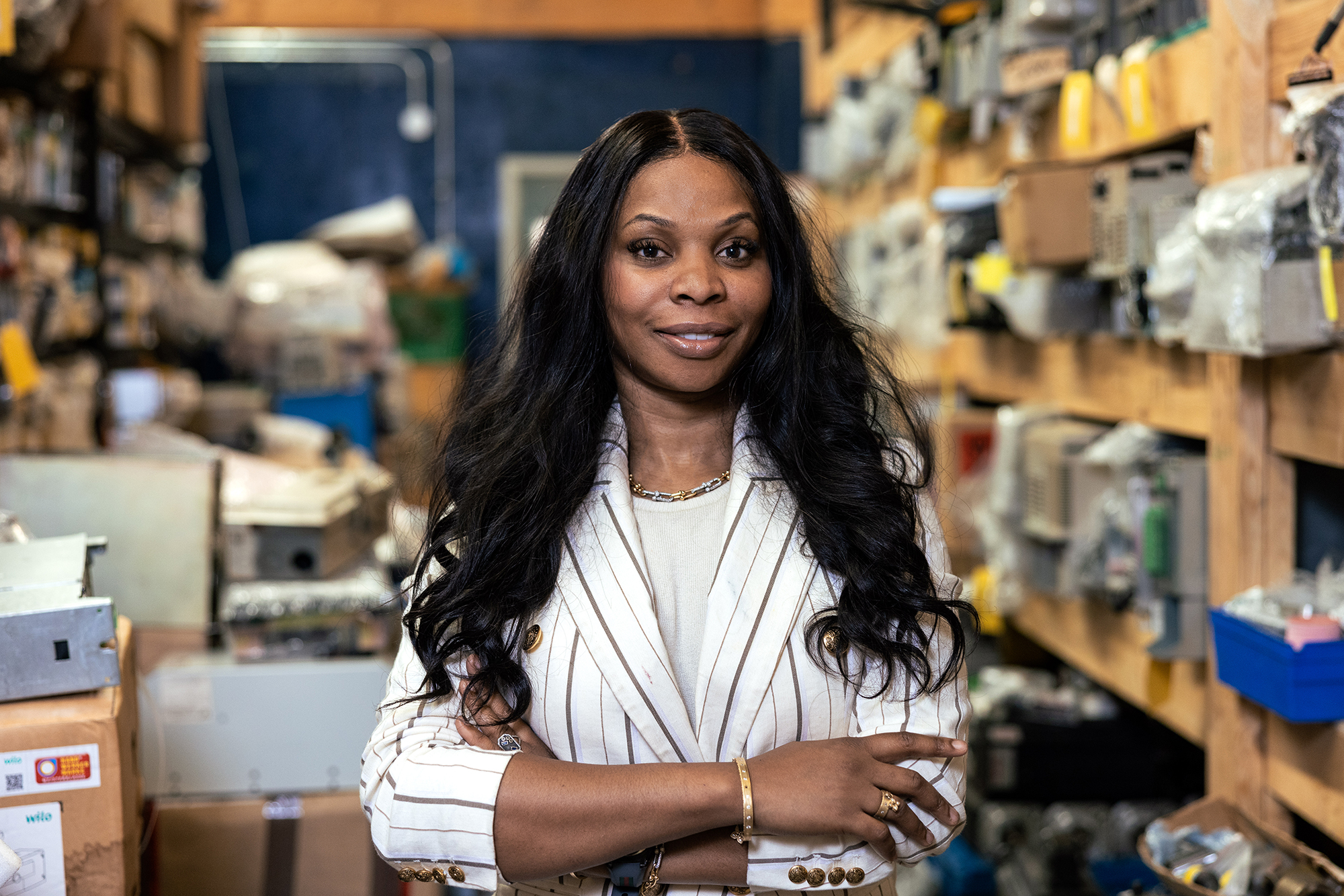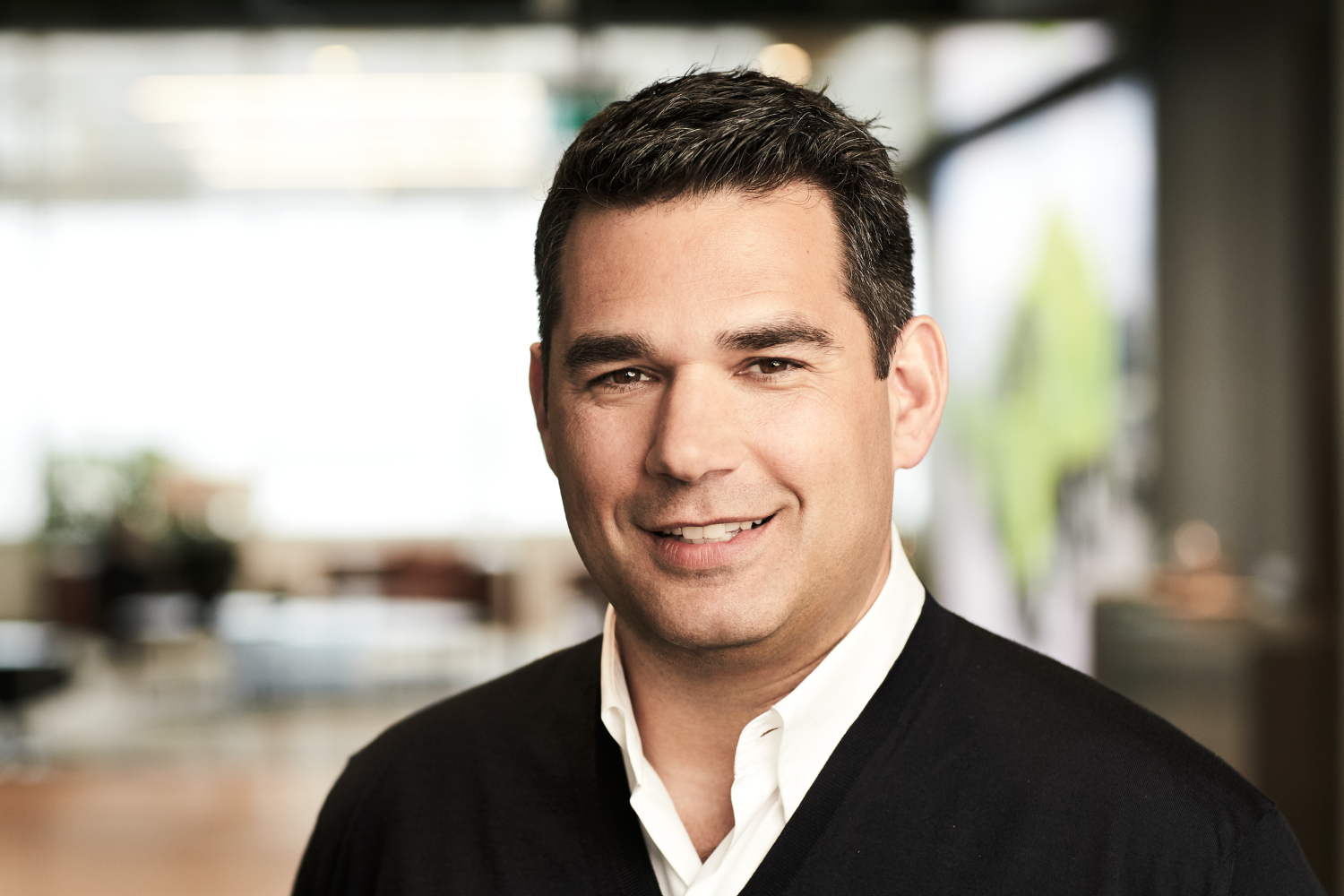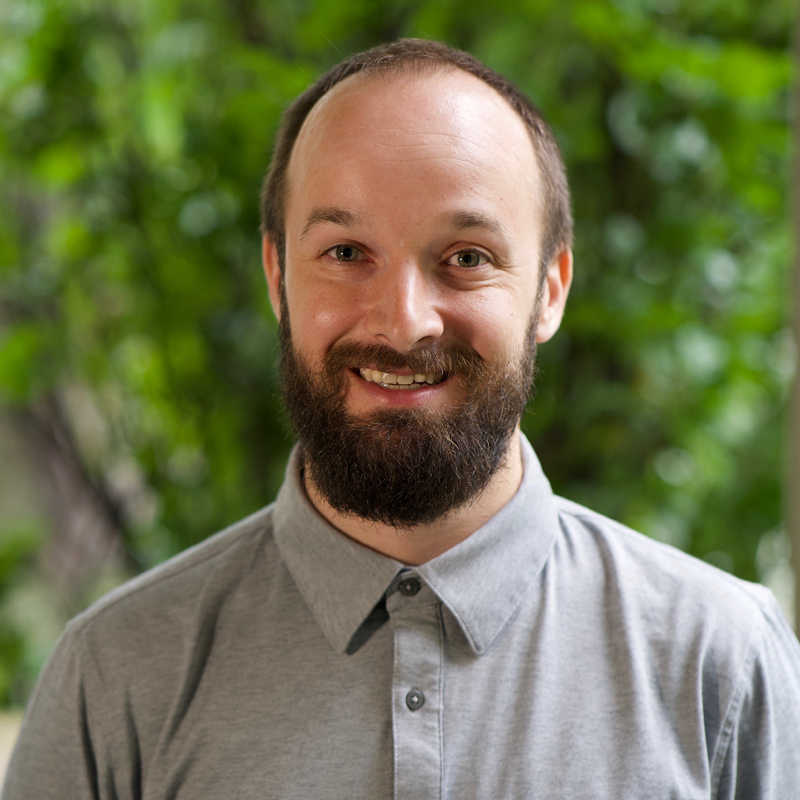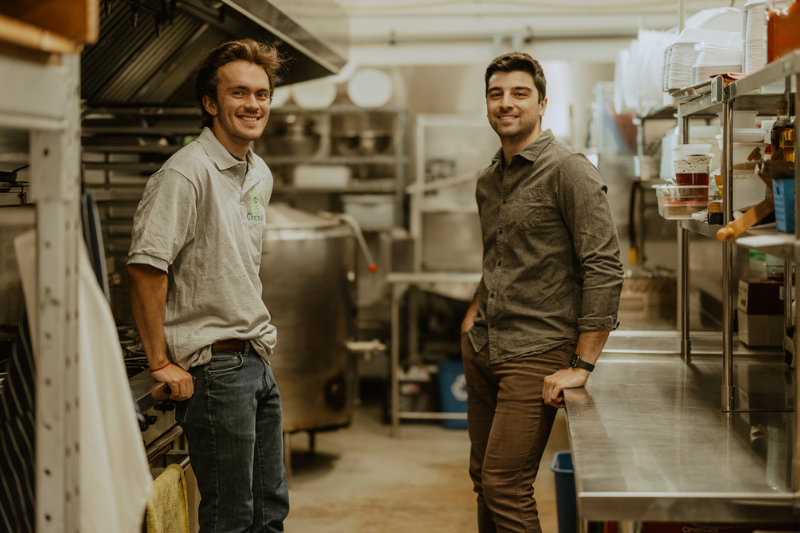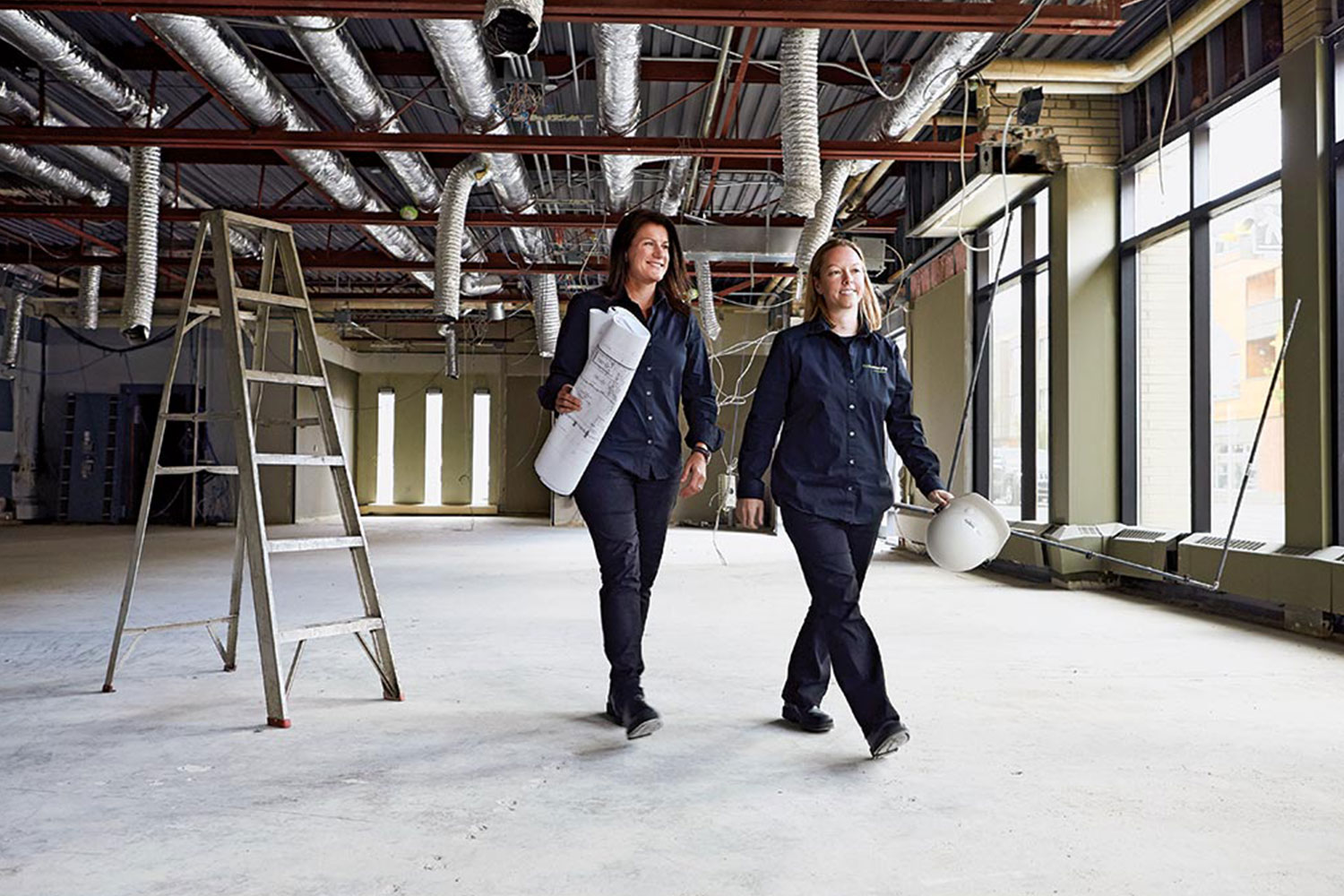‘You Absolutely Have to Be Resilient’: Shawn Rivers On Growing Anish Branding
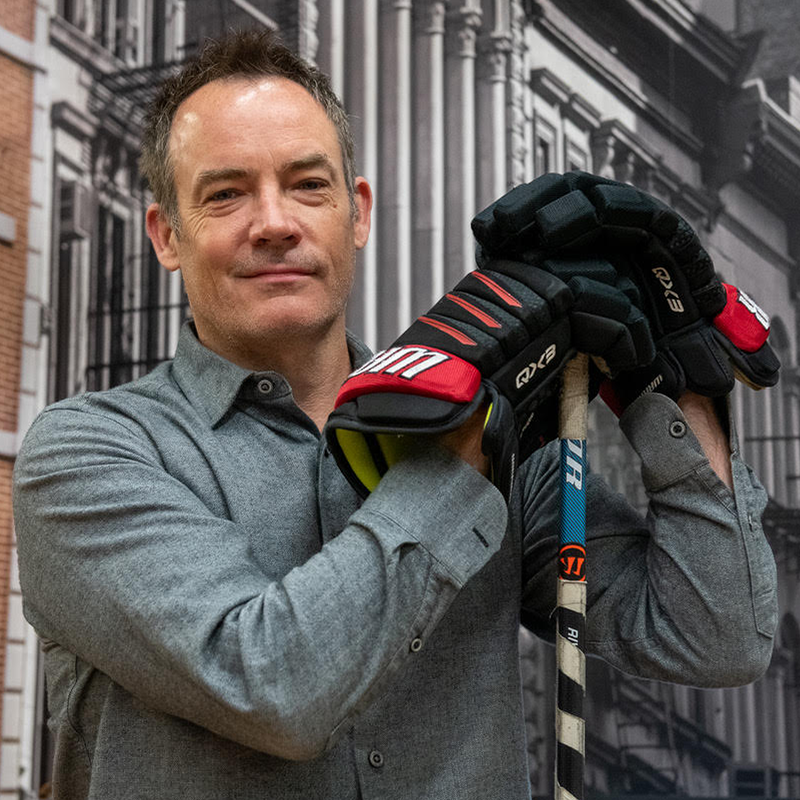
Shawn Rivers knows hard work. The Ottawa-based entrepreneur first made a name for himself as an NHL defenceman with the Tampa Bay Lightning. Now president of Anish Branding, the one-stop shop for corporate promotional products and branded merchandise, his role is much less about defense and more about scoring his clients a strong and unique brand identity that reflects their core values. Alongside his business partner, John Chabot, also a former NHL player, Rivers expanded Anish Branding’s reach in supporting businesses across Canada since its inception in 2006. The business is a proud member of the Canadian Council for Aboriginal Business (CCAB) and has recently launched a Give Back program benefiting underserved youth in northern Indigenous communities. According to Rivers: “It’s one important step toward making a sustainable difference.”
As this month’s CB entrepreneur-in-residence, Rivers discussed with Mike Bonner, head of business banking at BMO, lessons in business longevity, partnering with Indigenous-led charity First Assist and how growing up on the ice taught him everything he needed to know about entrepreneurial resilience.
What motivated you to turn Anish Branding from an idea into a fully-realized enterprise?
It’s always been a passion of mine to enhance the performance of a company, and the concept of building brand identity is something I’ve always been aware of. Growing up, my father worked for a promotional branding company, and as a teen, I worked on the production side of a few different companies. I learned how to embroider, engrave and screen print for different businesses and sports teams, so when the time came for a new venture, it seemed like the natural direction to take. When I partnered with Chabot, who had experience operating a non-profit, everything really fell into place. Especially as two former NHL players, it seemed like a unique opportunity, and sixteen years later, here we are.
In what ways do you believe brand identity can make or break a business?
I think developing a brand identity is important because it’s a big part of that first impression—which can certainly make or break a business. Willingly or not, people make their assessments rather quickly. I think brand identity is all about recognizing that and entering the market fully prepared, right down to the details.
What would you consider the most important factor when starting a new business?
You absolutely have to be resilient, there’s no two ways around it. Starting Anish Branding was without a doubt one of the most difficult things I’ve ever done. I’m not referring to the inception of the business, which generated a lot of excitement and energy, but the longevity required to keep the business successful was a shock to me. It’s a journey which at times can leave you feeling very vulnerable to challenges, a reality that many businesses have faced during the pandemic. Optimizing your plan and making necessary, and sometimes unexpected, changes is a big part of the resilience every business needs to embrace.
Where do you generate that source of resilience?
This is where I draw the comparison to my career as a professional hockey player. The persistence that drives me definitely comes from my experience in the NHL. The journey as a five- or six-year-old playing hockey with friends to becoming a professional hockey player was a very long road that required a lot of resilience. I’ve adapted to the challenges of my circumstances, unpredictability and the possibilities of rejection. In the same way that there are so many factors that weigh into being a successful athlete, in my case, those lessons have carried forward into my entrepreneurial life.
How has Anish Branding’s partnership with First Assist helped you remain connected to the community?
Chabot grew First Assist into a charitable status organization just over a year ago. It’s an incredible initiative that uses sports and education to set kids from Indigenous communities across Canada on a path to success. To commemorate this, we decided that Anish Branding would get involved by forwarding two per cent of all revenue to First Assist. It keeps our team connected to the issues that matter to us, but also allows our clients to support an important program while still benefiting from the merchandise we’re supplying them with.
In what ways has the pandemic most challenged your business operations?
We were quick to pivot our work in response to the demand of PPE products and safety wear like masks and hand sanitizer. This demand reassured me that we were going to be OK. What did catch me off guard was the fatigue brought on by just how much of a long haul this has been. Not to mention, in our world, the supply chain has been affected immensely. Clothing and materials, for example, have seen significant manufacturing shortages.
How has BMO been a source of support for your business?
We’ve been a client of BMO for nearly five years now, and they have been incredible at supporting what we do. Especially in this line of work with orders, shipping and receiving, cash flow can sometimes be unpredictable. BMO has always presented us with solutions and with a lot of patience. The team was instrumental early on in the pandemic, when they chose to work closely with us to assure many of their PPE needs were met. They really do their best to find ways to support their clients, which feels reassuring as we look to expand the business.
In what ways do you envision your business evolving in the future?
A lot of our experience is in corporate programming, merchandising and online shopping, so we’re ultimately looking to grow our roster of clients in those areas. With that growth, I hope comes a greater reach for our Give Back program and support for initiatives like First Assist. I believe that for many Canadian entrepreneurs like us, growing with your community is a big part of the journey.
